Backed by nearly two decades of clinical research, Amwell®’s team of mental health experts deliver successful outcomes through the market’s most robust evidence-based behavioral change programs, empowering users to take control of their mental health and wellbeing
-
50+ peer-reviewed published research papers.
-
4700+ citations.
-
50+ international presentations at academic conferences.
-
90K+ participants across all real-world research.
-
20+ research projects in the works.
50+ peer-reviewed published research papers.
4700+ citations.
50+ international presentations at academic conferences.
90K+ participants across all real-world research.
20+ research projects in the works.
Published research papers, citations, presentations at international academic conferences, and research projects continues to grow exponentially each year.
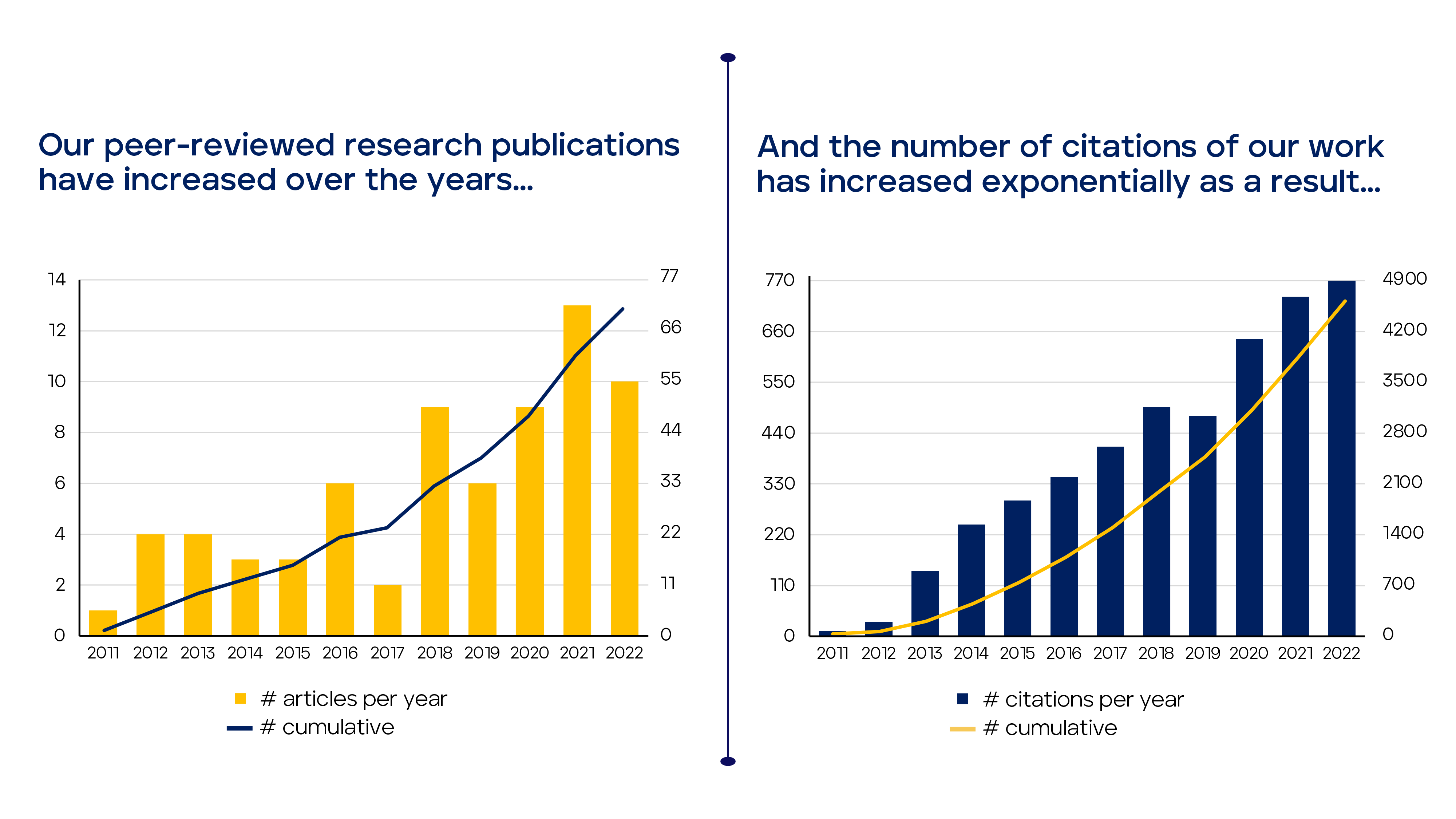
With research partners across the world, digital health science and evidence generation is in our DNA.



Translating science into effective digital health solutions

Authors: Siobhán Harty, Angel Enrique, Selin Akkol-Solakoglu, Adedeji Adegoke, Hannah Farrell, Graham Connon,Fiona Ward, Conor Kennedy, Derek Chambers and Derek Richards
Implementing digital mental health interventions at scale: one-year evaluation of a national digital CBT service in Ireland
This study evaluated the first year of a supported digital cognitive behavioral therapy (CBT) service provided by the national health service in Ireland, which has been accessible to individuals who receive a referral from one of five referring groups: General Practitioners, Primary Care Psychology, Counselling Primary Care, Community Mental Health, and Jigsaw (a nationwide youth mental health service).
Download Publication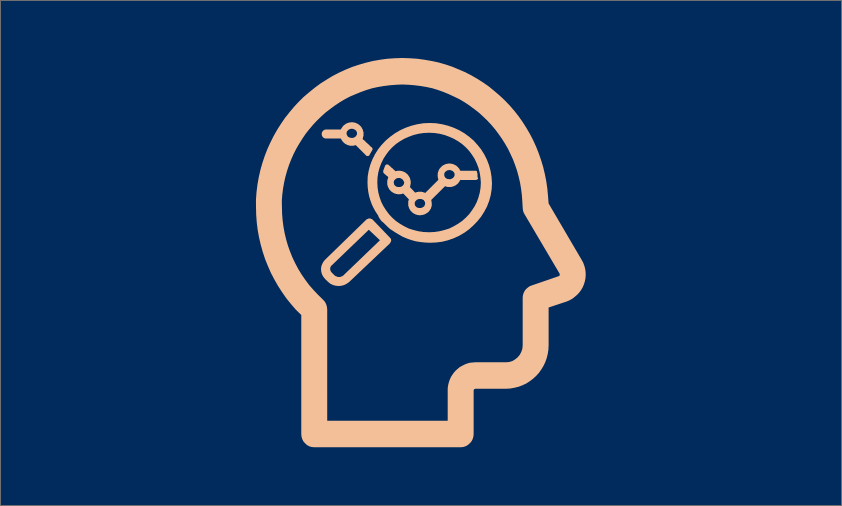
Daniel Duffy, Derek Richards, Caroline Earley and Ladislav Timulak (2023)
Implementing internet-delivered cognitive behavioral therapy in healthcare services: a qualitative exploration of stakeholder experience
This study consisted of a qualitative exploration of stakeholder experience regarding the implementation of internet-delivered cognitive behavioral therapy (iCBT) as part of routine service provision within the UK's Improving Access to Psychological Therapies program.
Download Publication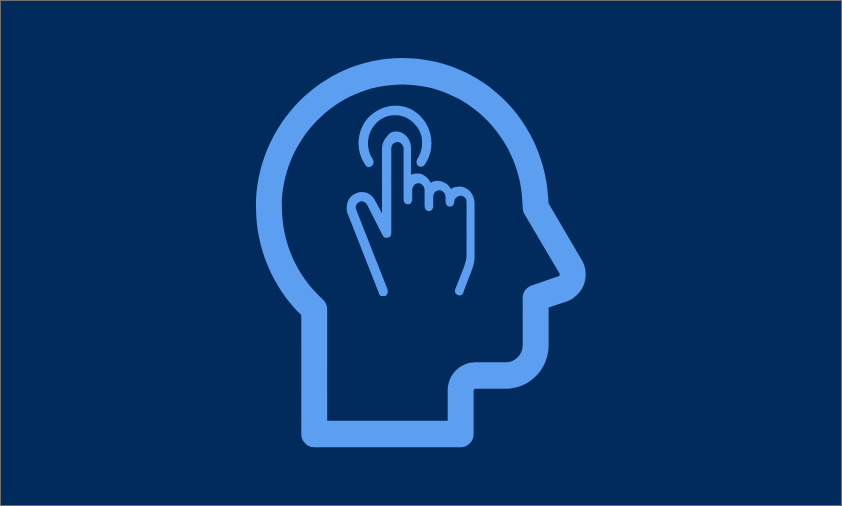
Chi Tak Lee; Siobhan Harty; Adedeji Adegoke; Jorge Palacios; Claire M. Gillan; Derek Richards (2023)
The Effectiveness of Low‑Intensity Psychological Interventions for Comorbid Depression and Anxiety in Patients with Long‑Term Conditions: A Real‑World Naturalistic Observational Study in IAPT Integrated Care
In this study published in the International Journal of Behavioral Medicine, we evaluated the effectiveness of low-intensity psychological interventions in the treatment of depression and anxiety in people with Long-Term Conditions (LTCs).
Download Publication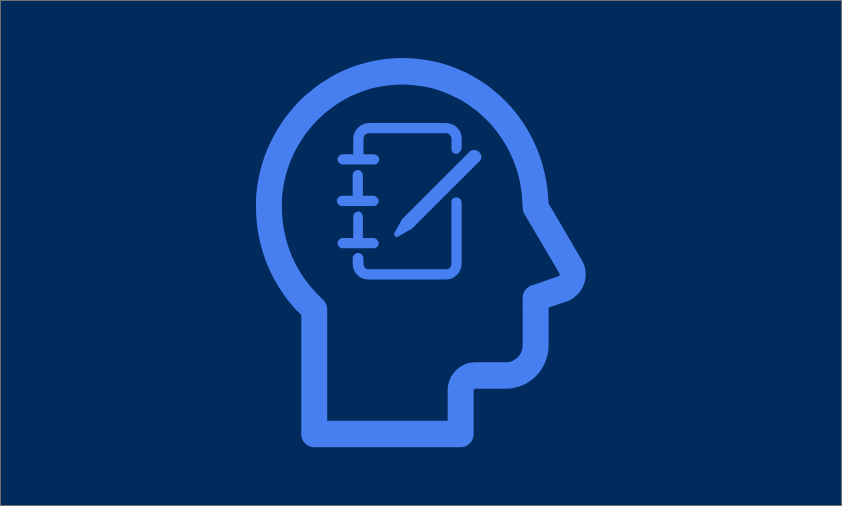
JMIR Formative Research | 2021
Dropout From an Internet-Delivered Cognitive Behavioral Therapy Intervention for Adults With Depression and Anxiety: Qualitative Study
This qualitative study demonstrated how patients who drop out of treatment can be distinguished in terms of their change in motivation: those who felt ready to leave treatment early and those who had negative reasons for dropping out. These two groups of participants have different treatment experiences, revealing how there is a difference between what we typically label as a dropout and what should actually be considered a dropout.
Download Publication
Clinical Psychology and Psycotherapy | 2022
Durability of treatment effects following internet-delivered cognitive behavioural therapy for depression and anxiety delivered within a routine care setting
This study investigated post-treatment relapse and remission rates 3, 6 and 9 months after completion of an acute phase of a clinician-supported digital CBT, within a routine care setting. We found that 70.8% of those who met the criteria for recovery at the end of their treatment, still met the criteria for recovery at 9 months post-treatment. The results add to the scarce literature on the durability of the effects of digital CBT treatment in routine care settings, where patients are not typically followed up after completing a course of treatment.
Download Publication
Behaviour research and therapy | 2015
A Randomized Controlled Trial of an Internet-Delivered Treatment: Its Potential as a Low-Intensity Community Intervention for Adults With Symptoms of Depression
This was one of the first RCTs conducted with our Space from Depression digital CBT programme. The results revealed that Space from Depression, is effective in reducing depressive symptoms in comparison to a waiting list control group, in a community sample of Irish adults. The findings highlighted the potential for the online delivery of mental health interventions to be scalable, accessible and resource efficient solutions for addressing mental healthcare needs.
Download PublicationFeatured in Top Scientific Journals




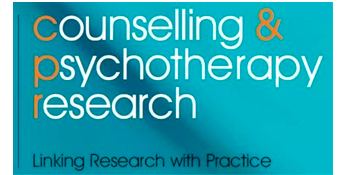

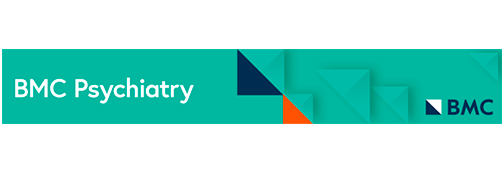





Leaders in the science of digital health care
Prestigious
Awarded a prestigious NIMH RO1 grant with our collaborators at Boston University and Kaiser Permanente. This grant will leverage machine learning to optimise user engagement and clinical response to digital mental health interventions, which will in turn inform optimal treatment allocation.
ROI NMIH GRANT:
Leveraging Machine Learning for Precision Medicine
Innovative
Using machine learning, we have recently developed a prediction tool together with Microsoft Research that generates an early highly accurate prediction, regarding the probability that a patient is likely to significantly improve or not at the end of treatment. We are currently carrying out a randomised controlled trial in partnership with Berkshire Healthcare NHS Foundation Trust to evaluate the performance and acceptability of this tool for supporting health professionals with their clinical decision making.
Mental health and Machine Learning
Global Reach
Collaborating with researchers in Mexico and Harvard University on a large-scale randomised controlled trial in Latin America to evaluate our culturally-adapted Spanish digital CBT program for depression and anxiety in university students. A key objective of this trial is to determine which treatment pathways (guided versus self-guided) and which baseline characteristics are linked to better outcomes.
Mexico and Colombia (NIMH)
Personalization
Collaborating with researchers at Harvard and West Virginia University to support a three-arm randomised control trial to evaluate the efficacy of adjunctive digital CBT for treating depression in rural communities in Appalachia in the Eastern United States. A key aim of this trial is to develop a stable individualized treatment rule that will allow patients and treatment providers to improve treatment outcomes by deciding collaboratively when standard primary care treatment should be augmented with digital CBT.
Appalachia Mind Health Initiative (AMHI)








